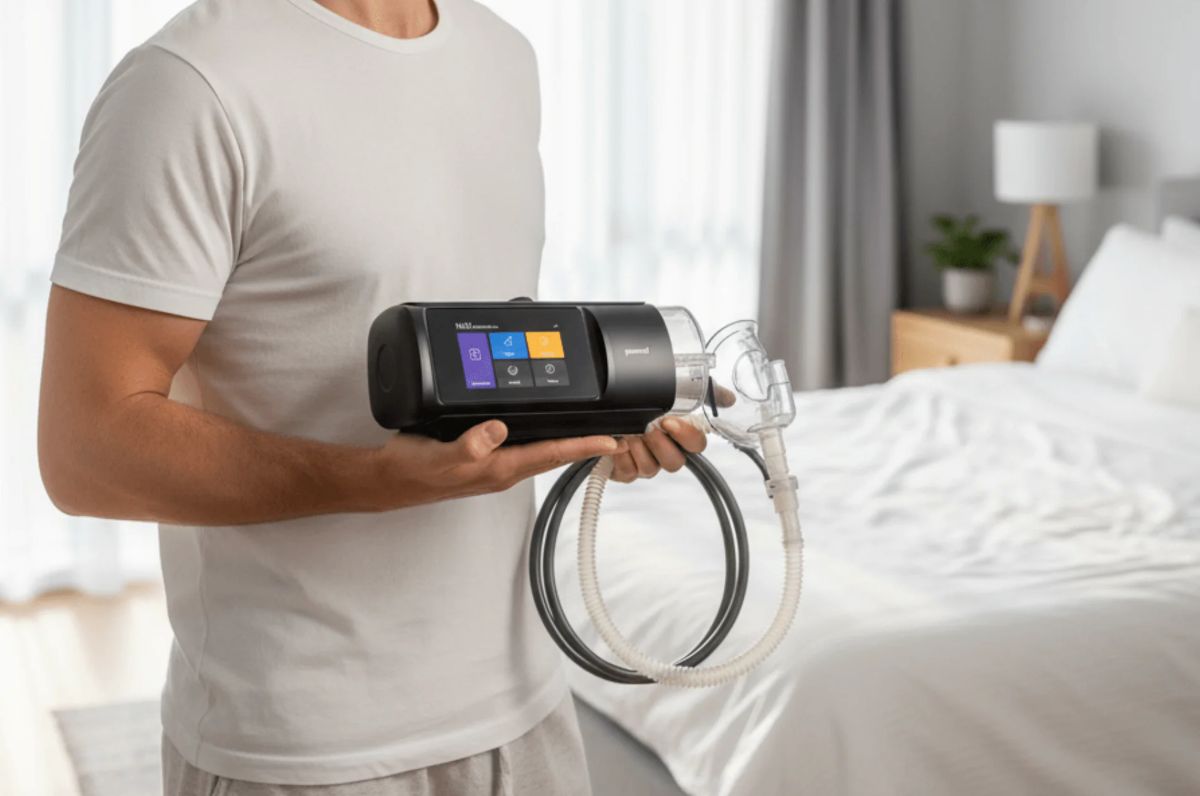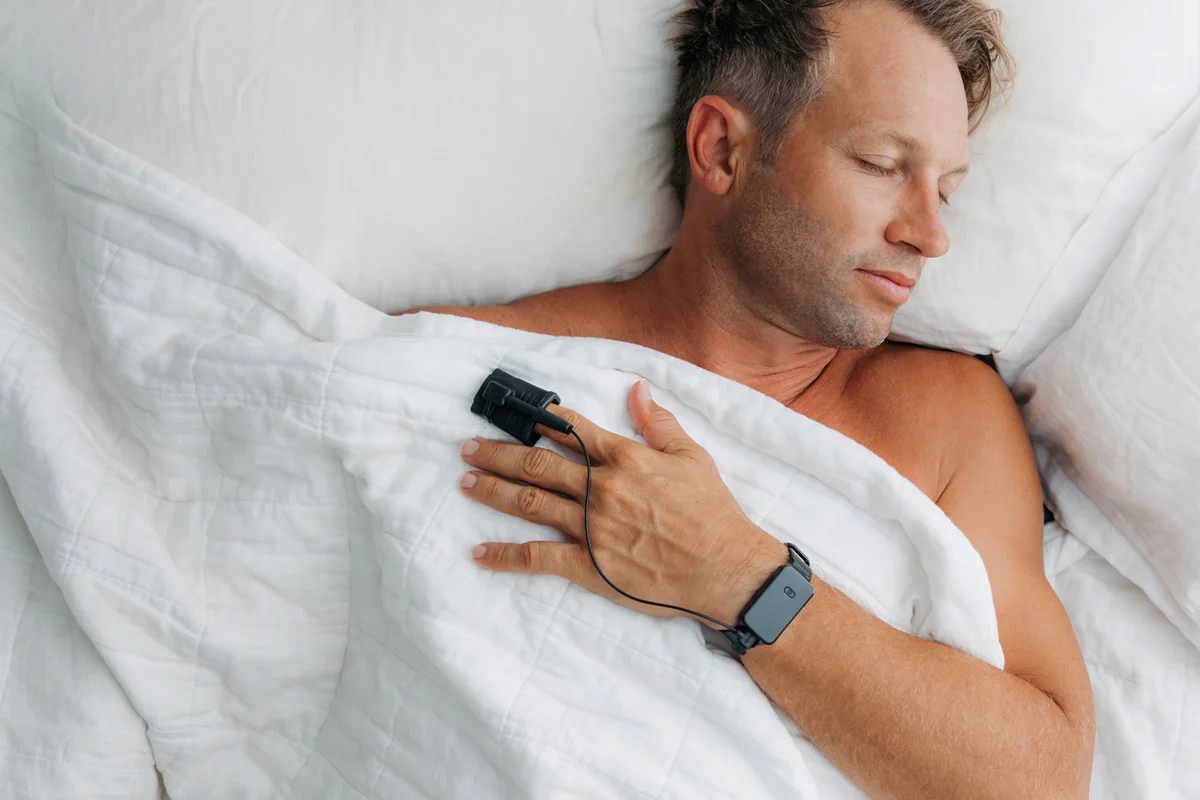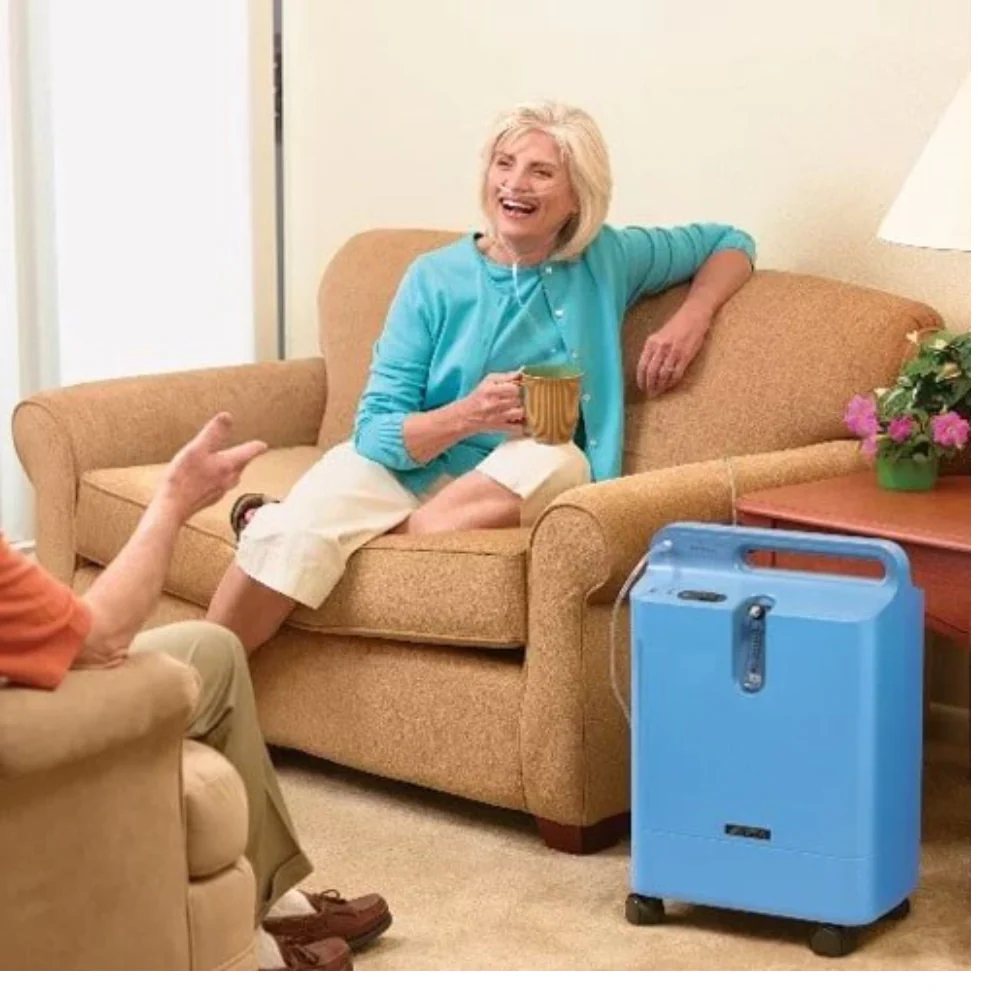Best Fishing Sunglasses: See Clearly, Explore Freely....
Your Vision, Our Priority
Welcome to Best Fishing Sunglasses, where precision eyewear meets a commitment to eye health. Our passion for clear vision extends beyond enhancing your fishing experience. We understand the vital role optimal vision plays, especially when facing eye conditions like glaucoma.
Problems we can help with

Precision Eyewear Selection
Choose from the Best: Fishing Sunglasses that deliver crystal-clear vision with advanced lens technology.

Eye Health Resources
Comprehensive Support: Explore insights and guidance on glaucoma, symptoms, causes, and treatment options.

Laser Eye Surgery Insights
Empowering Information: Discover specialists, costs, and the latest in laser eye surgery advancements for informed decisions.
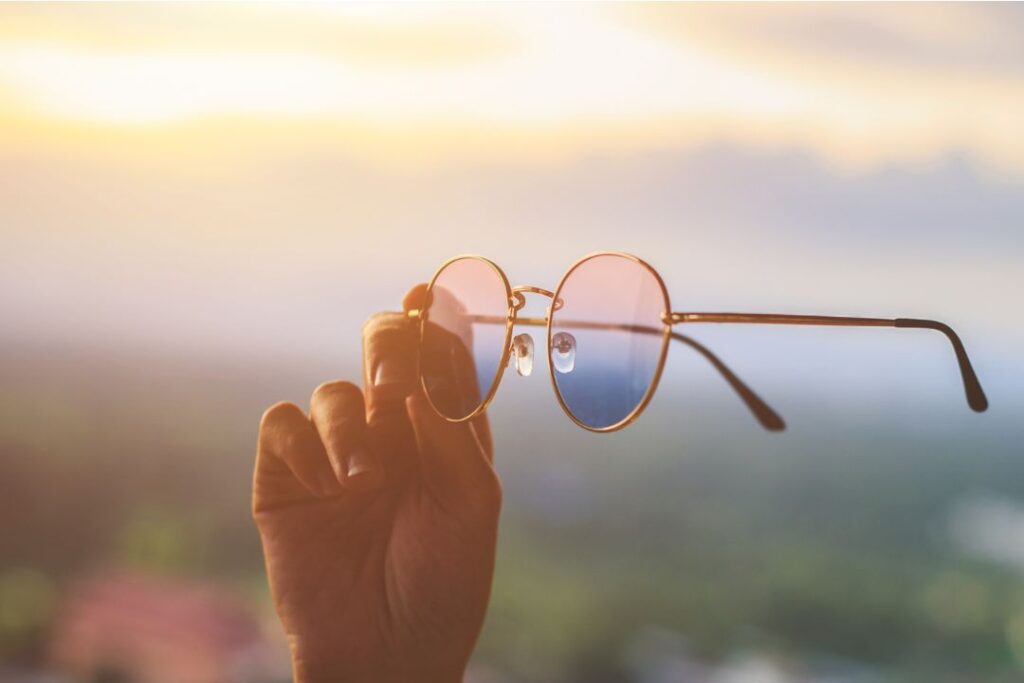
Explore Our Premium Sunglasses
Discover a curated collection of top-tier sunglasses designed not only to elevate your fishing adventures but also to protect your eyes. Our range offers cutting-edge lens technology, UV protection, and durability, ensuring you see every detail on the water while safeguarding your vision.
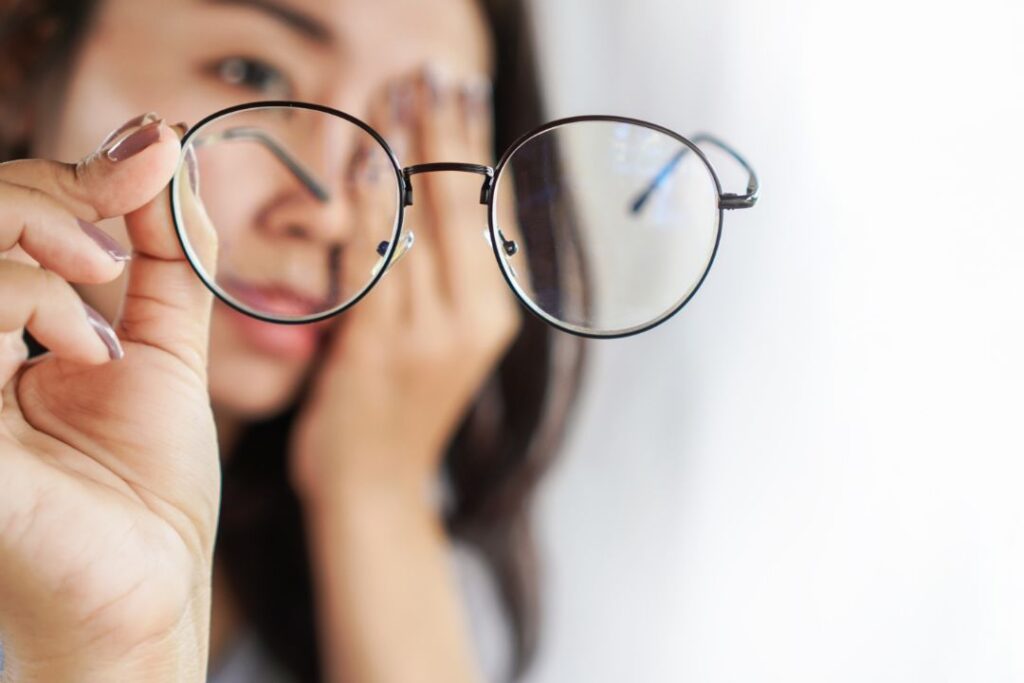
Your Vision, Our Commitment
Best Fishing Sunglasses is more than a destination for top-quality eyewear. It’s a commitment to the well-being of your vision. Whether you’re seeking the perfect pair of sunglasses or valuable information on eye health, we’re here to support you every step of the way.

Laser Eye Surgery Insights
In addition to our exceptional eyewear, we provide insights into laser eye surgery. Discover information on specialists in Sydney, the cost of surgeries in Australia, and the latest advancements in laser eye treatments. Empower yourself with knowledge to make informed decisions about your eye care.
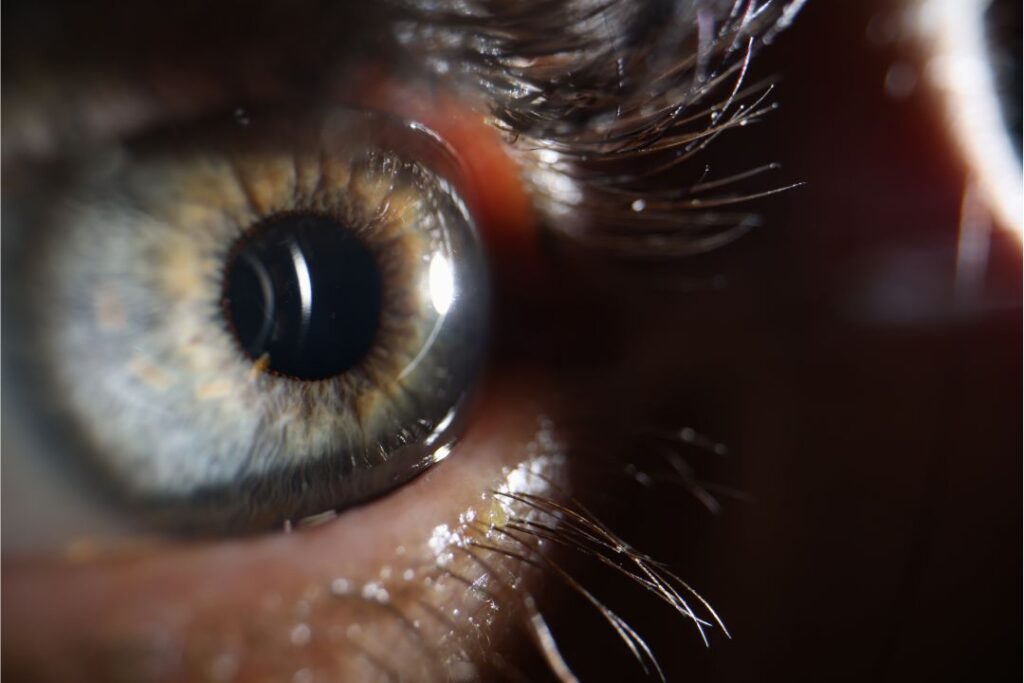
Eye Health Matters
At Best Fishing Sunglasses, we believe in comprehensive eye care. We’re committed to raising awareness about conditions like glaucoma and supporting those navigating their eye health journey. Explore our resources to learn about symptoms, causes, and treatment options available for glaucoma.

Sarah R.
"I can't recommend Best Fishing Sunglasses enough! Not only did I find the perfect pair to enhance my fishing experience, but their commitment to eye health and their resources on glaucoma were incredibly informative. It's not just eyewear; it's a community that truly cares about vision."

John L.
"After my laser eye surgery, I needed quality eyewear for my outdoor activities. Best Fishing Sunglasses not only provided the perfect pair, but their insights on laser eye surgery options were invaluable in my decision-making process. A brand that cares about eye care as much as they do about quality products!"
Blogs
Latest Blogs Post
Why a High-Quality CPAP Machine is Your Best Investment for Sleep Apnea
Is a High-Quality CPAP Machine Really Worth the Investment for Sleep Apnoea Treatment? Yes, a...
Top Questions About Sleep Studies in Hobart Answered
Sleep studies are an important diagnostic tool in modern healthcare. They are designed to monitor...
The Doctor Said I Had Cataracts—Now What?
Introduction: You’re Not Alone in This Hearing the words “You have cataracts” can stop you...
Sleep Apnea Test in Perth: Taking Control of Your Sleep Health
Sleep apnea is a common sleep disorder that affects many individuals around the world. If...
Sleep Apnea Test in Canberra: Home & Clinical Options Compared
Residents of Canberra have access to a range of sleep apnea testing options, including both...
Recovery After Laser Eye Surgery: Timeline, Tips, and What to Avoid
Understanding Laser Eye Surgery Laser eye surgery is a popular and effective procedure for correcting...
Portable Oxygen Concentrator Price: What to Expect
For individuals with respiratory conditions, portable oxygen concentrators (POCs) can significantly enhance quality of life...
Polarized Fishing Sunglasses Benefits
Polarized fishing sunglasses are one of the most important tools for fishermen. Fishing with a...
Philips Everflo Oxygen Concentrator Australia: Why It’s Popular
The Philips Everflo Oxygen Concentrator has gained significant traction in Australia, becoming a preferred choice...
- 1
- 2

WELCOME!
About Best Fishing Sunglasses
At Best Fishing Sunglasses, we go beyond providing exceptional eyewear for your outdoor adventures. We understand the profound significance of clear vision in every aspect of life, particularly when facing eye conditions such as glaucoma.
Our Vision
Our vision is twofold: to offer top-quality eyewear that enhances your experiences on the water, and to advocate for comprehensive eye health. We’re committed to ensuring that every individual not only enjoys the best vision possible but also has access to vital information about eye care and conditions like glaucoma.

